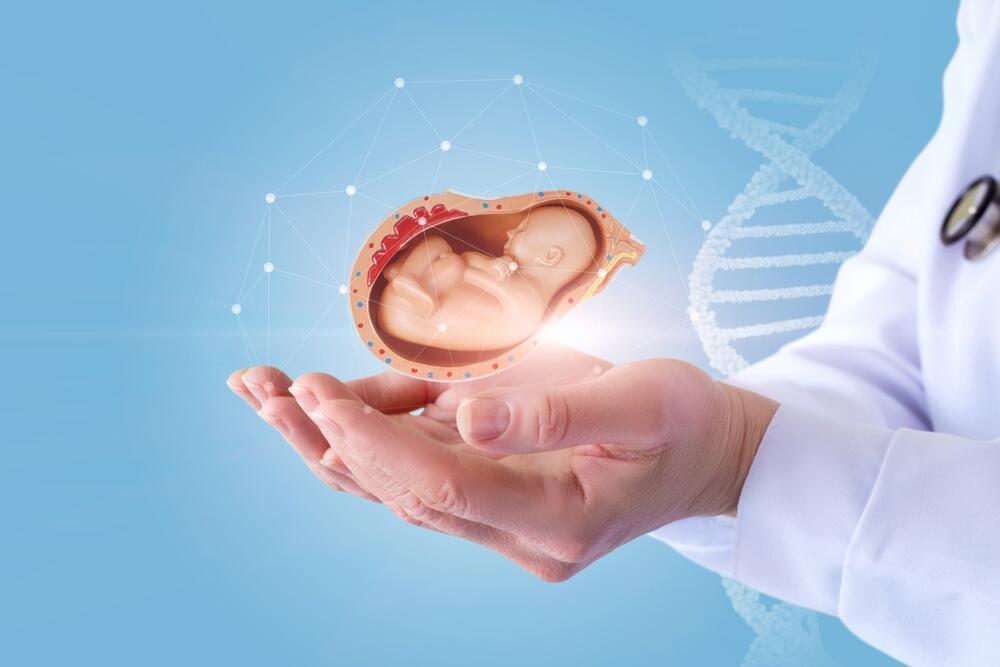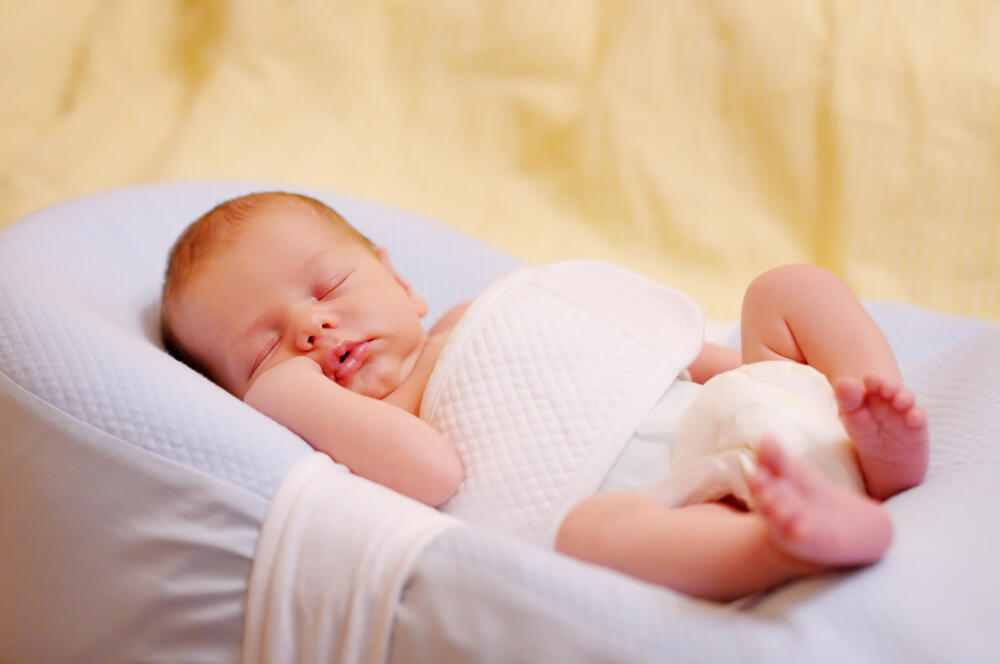Getting your Trinity Audio player ready...
Researchers at the University of Indiana have used DNA mutations to develop a new methodology for determining the average age at which men and women historically started having children, dating back 250,000 years to early Homo sapiens.
The study, published in the peer-reviewed medical journal Science Advances, has found that over the past 250,000 years, fathers have, on average, been older than mothers at the time of their children's birth. However, in the last 5,000 years, the gap between men and women has decreased with mothers' estimated age at birth hovering around 26.4 years.
The reduction in the age gap between spouses is attributed to mothers giving birth at increasingly older ages. Researchers found that although parental age did not increase steadily over time, it may have even decreased around 10,000 years ago due to population growth during the rise of civilization.
"Through our research on modern humans, we noticed that we could predict the age at which people had children from the types of DNA mutations they left to their children," said Prof. Matthew Hahn, from the College of Arts and Sciences and of computer science in the Luddy School of Informatics, Computing and Engineering at IU Bloomington.
"We then applied this model to our human ancestors to determine what age our ancestors procreated."
Scientists have observed that children inherit 25 to 75 new mutations from their parents' DNA, which can be used to classify the type of mutation that occurred based on the ages of the parents. By studying thousands of children, researchers found that the types of mutations passed down from parents to children vary depending on the age of both parents.
The researchers focused on studying the number of mutations passed from parents to children and discovered age-based mutation patterns. They observed this while comparing human mutation patterns to those in other mammals, such as cats, bears, and macaque monkeys, but did not explore the relationship between gender and age at conception over time.
"The story of human history is pieced together from a diverse set of sources: written records, archaeological findings, fossils, etc.," said IU post-doctoral researcher Richard Wang.
"Our genomes, the DNA found in every one of our cells, offer a kind of manuscript of human evolutionary history. The findings from our genetic analysis confirm some things we knew from other sources (such as the recent rise in parental age), but also offer a richer understanding of the demography of ancient humans. These findings contribute to a better understanding of our shared history."



